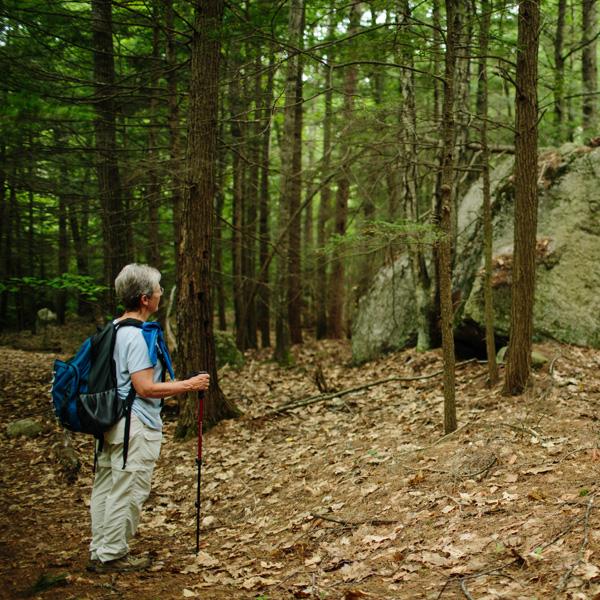- Tags:
- Advocacy

People have always intuitively felt better both physically and mentally after spending time in the outdoors. Now, science is starting to confirm these feelings are real.
A recent study published in the peer-reviewed journal Science Advances explored the connection between aging and exposure to green spaces among people living in urban areas. Essentially, the researchers involved were trying to determine if spending time in green spaces produced a change in the difference between a person’s chronological age and their biological age.
Perhaps not surprisingly, the study found a relationship between access to green spaces and slower “epigenetic” aging. (Note: Epigenetics is the study of how a person’s behaviors and environment can cause changes that affect the way their genes work.) It determined that long-term exposure to more greenery near where a person lives can add on average 2.5 years to their life.
To reach that conclusion, researchers compared age-related biological changes in the study’s 900 participants over a 20-year period against data on the green spaces near where those people live. Using blood DNA, researchers were able to measure biological age by analyzing small changes in how genes related to the aging process work.
In simple terms, if a person’s biological age, which can be effected by how and where they live, is older than their chronological age, they may be at higher risk for developing age-related health conditions such as cancer, cardiovascular disease or Alzheimer’s.
For environmental and public health advocates, these findings should reinforce the message that protecting green spaces and ensuring all members in a community can access them is not a luxury item but an central part of building healthy, vibrant communities. In fact, the study does emphasizes that access and exposure to urban greenness could contribute to slower biological (epigenetic) aging. In turn, that may lead to better health outcomes, especially for people living in disadvantaged neighborhoods.
